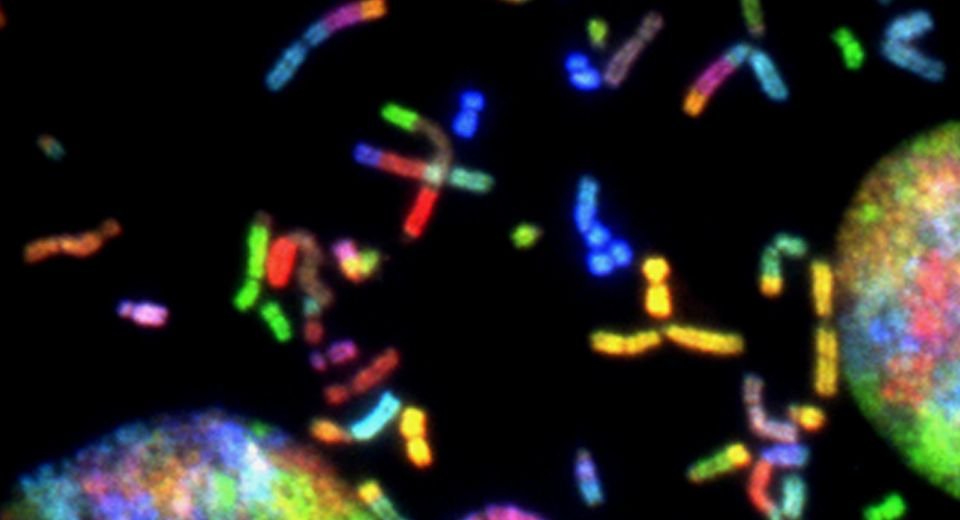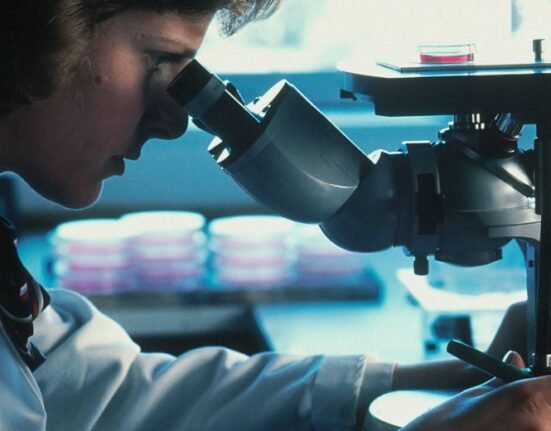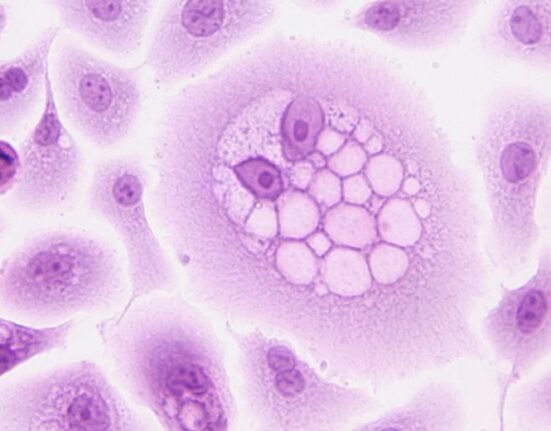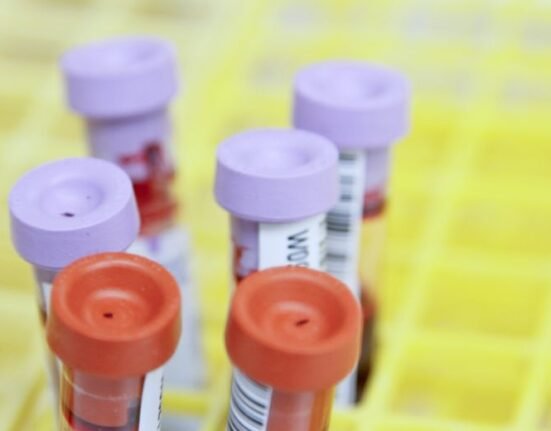HQ Team
October 30, 2023: Researchers have unraveled a critical mechanism involving the dynein protein, shedding light on how it aids the spread of breast cancer cells from the primary tumor to healthy tissue. This will help advance our comprehension of the metastatic process and also pave the way for potential treatments that can specifically target this mechanism.
Breast cancer’s deadly spread to healthy tissue
Cancer’s ability to metastasize and invade healthy tissue from the primary tumor remains one of its most lethal attributes. In nearly 30% of women diagnosed with early-stage breast cancer, the disease metastasizes, often targeting the bones.
The research on the spread of cancer cells was done by a team of scientists from Pennsylvania State University (Penn State). The dynein protein plays an indispensable role in the metastatic process of breast cancer. Their discovery presents a novel therapeutic target that could potentially halt the progression of cancer.
Dynein’s key role in cancer cell movement
Erdem Tabdanov, a co-author of the study said, “This discovery marks a paradigm shift in many ways. Until now, dynein has never been caught in the business of providing the mechanical force for cancer cell motility, which is their ability to move themselves. Now we can see that if you target dynein, you could effectively stop motility of those cells and, therefore, stop metastatic dissemination.”.
Dynein as mentioned earlier is a carrier protein that requires chemical energies to move eukaryotic cells or cells that possess a nucleus. To comprehend dynein’s role, the researchers observed how live breast cancer cells moved using two distinct human models. These models demonstrated the importance of dynein in the movement of cancer cells, one involving a two-dimensional collagen fiber network and the other simulating soft tissue with microscopic hydrogel particles in 3D tumor-like shapes.
“Using these three-dimensional models that partially mimic a tumor, we discovered that if we block the dynein, the cancer cells cannot effectively move and infiltrate solid tissues,” said Amir Sheikhi, another corresponding author. “In both models, we found that dynein is extremely important for cell locomotion, which suggests a whole new method for cancer management. Instead of killing the cancer cells with radiation or chemotherapy, we are showing how to paralyze them. This is great news because you don’t really have to kill the cells, which is a harsh approach that targets both cancerous and healthy cells. Instead, you just have to stop the cancer cells from moving.”
The researchers propose that after surgically removing a tumor, paralyzing any remaining cancer cells might serve as an effective and less toxic alternative to traditional chemotherapy. This approach aims to contain and immobilize cancer cells, sparing the patient’s healthy tissues from collateral damage.
Future treatments
Although potential treatments targeting dynein remain in the distance, this study marks a pivotal first step towards curbing the spread of breast cancer.
The research findings have been published in the journal Advanced Science.








